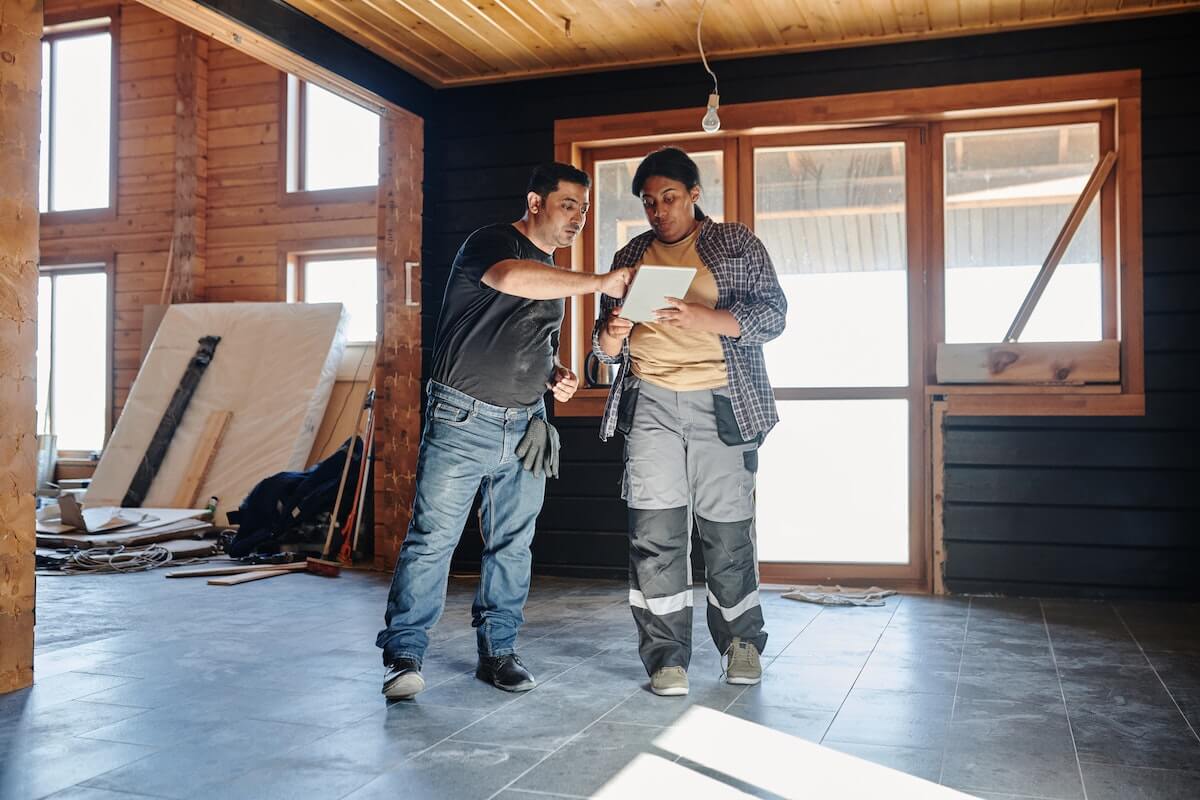Renovating? Update Your Homeowners Insurance Coverage
Having the right homeowners insurance policy is important for protecting one of your most important assets, your home. The right protection in place can protect property owners from catastrophic financial loss if a covered disaster occurs.
Sometimes, homeowners will buy insurance coverage and then decide to make upgrades or renovations to their homes. In these circumstances, it’s important to change your home insurance coverage as needed.
Here’s why homeowners should let their insurers know ASAP if they upgrade their property.
Home Upgrades or Renovations Can Change Premium Costs
Homeowners should alert their insurer to upgrades and renovations made to their home. Sometimes, the changes they make to their property could affect their insurance premiums favorably.
Say, for example, a homeowner puts a new roof on the property or upgrades to hurricane-resistant windows. Either of these upgrades could reduce the risk of losses occurring. As a result, they may entitle the property owner to discounts on their home insurance premiums.
There’s little reason to pay more than necessary for adequate coverage, so it’s worth reporting all upgrades to an insurer to avoid unnecessarily expensive premiums when a home renovation makes insurance cost less.
Upgrades or Renovations Could Also Cause a Change in Coverage
In other circumstances, a home renovation or remodel could cause a change in coverage in order to make sure it fully protects the homeowner from loss.
Say, for example, a homeowner makes major changes that increases how much their home would cost to rebuild. Or they might add to the home in such a way that increases the value of the dwelling. Under these circumstances, the homeowner may need to upgrade the maximum amount of coverage they have for their property.
If a homeowner doesn’t act after renovations that add to the value — and add to the replacement cost — of their home, their coverage limits may be too low. The insurer wouldn’t be aware the home is now worth more, and the policy limits would be based on the pre-renovation value.
If the property was destroyed, homeowners wouldn’t be able to rebuild and restore it back to its current quality if they hadn’t added additional coverage after the renovations, but prior to the damages.
Likewise, a homeowner could make changes that cause more liability coverage. If they add a pool or an outbuilding, for example, this could create an additional hazard, so they may need to pay more for their liability protection or raise their liability coverage limits.
Report Changes
Adding additional coverage usually means that premiums go up. While this can be disappointing and some homeowners may not want to report changes if they fear their insurance costs will rise, it’s still important to alert insurers to the upgrades and update a policy.
It’s far better to pay slightly higher premiums and have the right coverage in place than to not report the renovations and end up with major out-of-pocket losses if something goes wrong.
For these reasons, any homeowner who upgrades their home should contact their insurance company ASAP. Failing to do so could be a huge financial mistake that comes back to haunt them in the end.
Remember That Homeowners Insurance Is for Your Protection
No matter where you live, insuring your home is critical to protecting your finances in the event of an unexpected incident. Whether it’s a natural disaster, an accident, a break-in, or something that causes damage to your property, you want to know you have the right homeowners insurance coverage for your situation.
Contact us if you’ve recently made an upgrade to your home so we can update your policy accordingly.
Related Articles
A Comprehensive Guide to Understanding Your Home Insurance Rates in 2023
As a homeowner, you might have noticed a significant increase in your insurance premiums last year. This sudden hike may have left you wondering: Why did my…
Steps to Take if You Hit a Deer with Your Car
What Happens if I Hit a Deer? Am I Covered? During Fall, it is not uncommon to encounter deer roaming near highways and other roadways. With the darker,…


